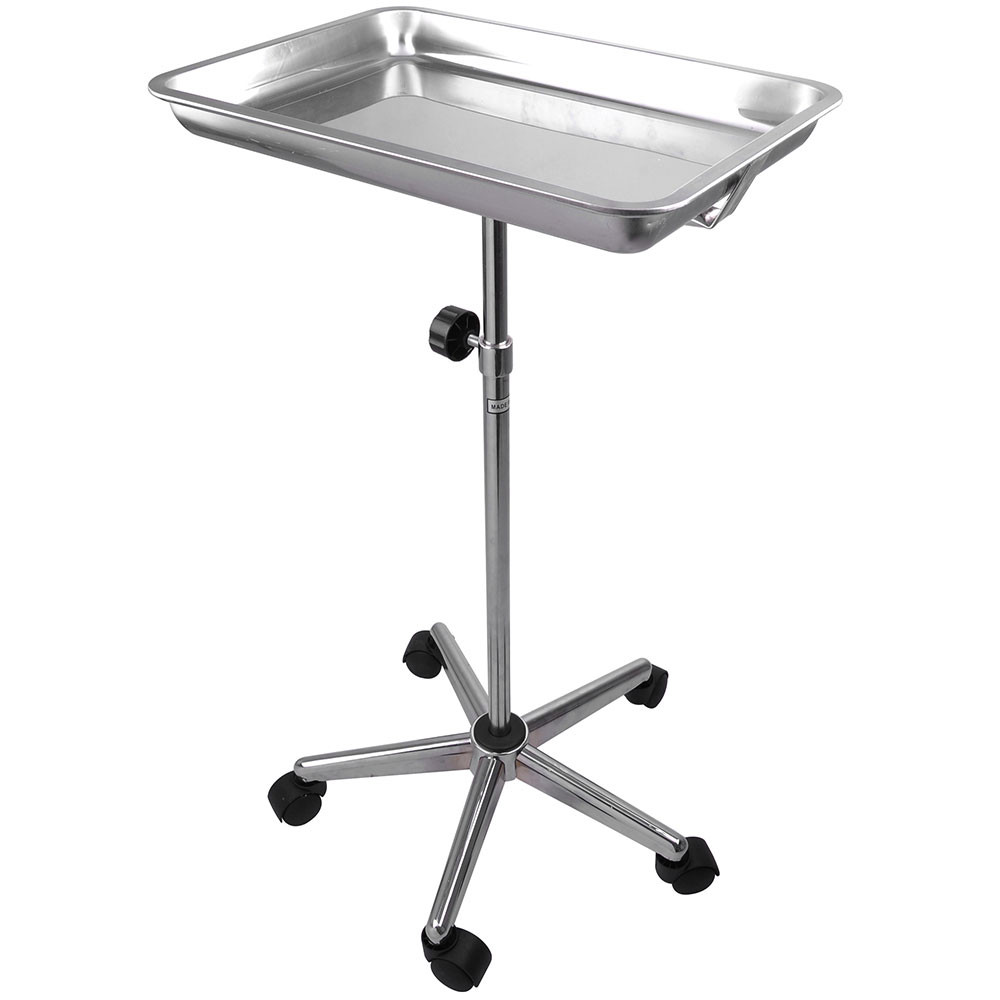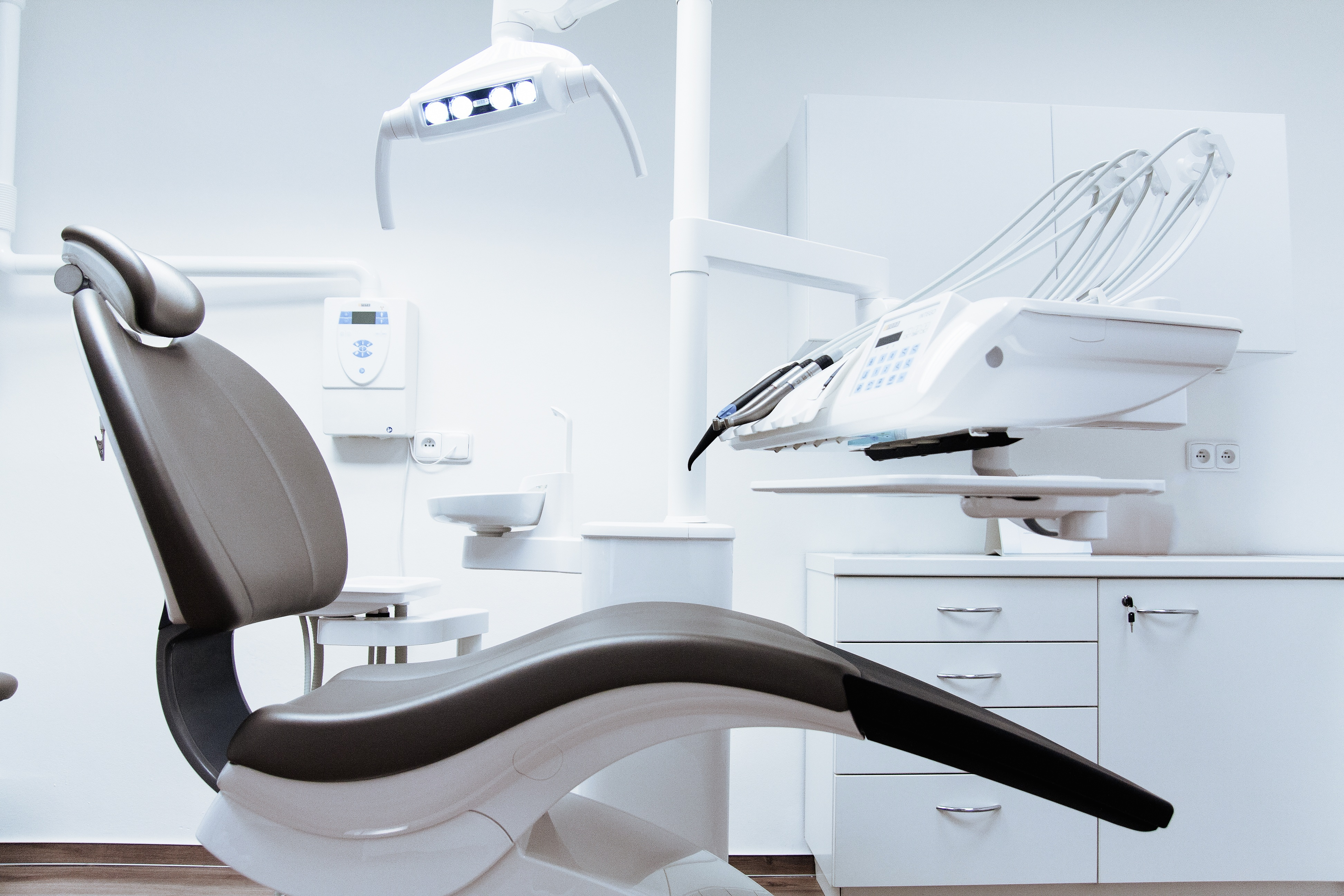Protect Your Investment From the Hidden Dangers of Alcohol-Based Dental Disinfectant Wipes
Maintaining a clean and safe dental office is essential to providing a top-notch patient experience. From advanced equipment to luxurious dental chairs and sleek electronics, your practice’s investments reflect your commitment to excellence. However, the wrong cleaning products—particularly alcohol-based disinfectant wipes—can jeopardize the longevity and integrity of your valuable assets.

Photo by Google Images
The Risks of Alcohol-Based Towelettes
While alcohol effectively kills pathogens, it can also damage the very surfaces and equipment it cleans. Repeated use of alcohol-based towelettes can corrode metals, discolor and crack vinyl or leather, and degrade electronics. These issues not only affect the aesthetics of your practice but can lead to costly replacements.
- Metal Corrosion: Alcohol strips the protective chromium oxide layer on stainless steel, causing rust and weakening structural integrity.
- Damage to Chairs: Vinyl and leather chairs, which represent significant investments, can dry out, crack, and discolor when exposed to alcohol-based wipes.
- Electronics and Glass: Alcohol dissolves protective coatings on screens and lenses, making them less responsive and less clear, while streaking and dulling their appearance.
- Patient Sensitivity: Residual alcohol can irritate sensitive skin, and in rare cases, contribute to flammability risks with heat-producing equipment.

A Safer Alternative for Cleaning and Disinfecting
Choosing the right disinfectant wipes is crucial for protecting your equipment while maintaining a hygienic environment. Look for EPA-registered disinfecting wipes that meet CDC efficacy guidelines but do not rely on harsh alcohol-based formulas. These products can effectively clean and eliminate pathogens without the associated risks of corrosion, discoloration, and other damage.
Consider factors such as the volume of towelettes you use, their compatibility with your equipment, and their storage requirements to optimize your investment. Selecting the right wipes not only protects your assets but also enhances the overall patient experience.
Quick Takeaways
- Alcohol-based towelettes can corrode metals, degrade surfaces, and damage electronics.
- Residue from these wipes may irritate patient skin and pose minor safety risks.
- Opt for EPA-registered wipes that are compatible with your equipment and meet hygiene standards.
Preserving your dental practice’s equipment starts with selecting the right cleaning solutions. By avoiding alcohol-based wipes, you ensure a cleaner, safer, and more professional environment for your patients and staff, and that investments in your practice remain pristine for as long as possible.
